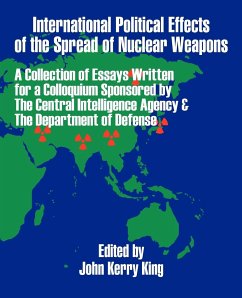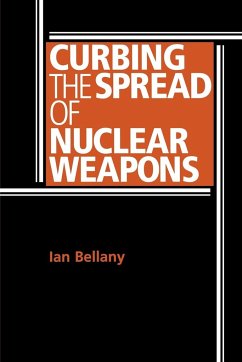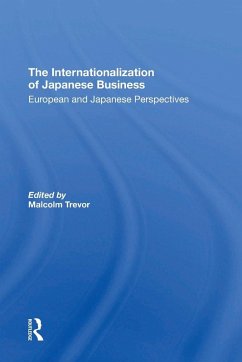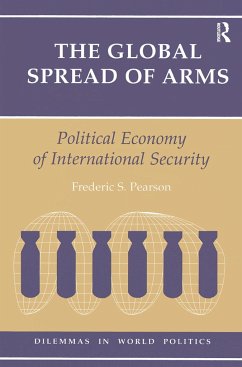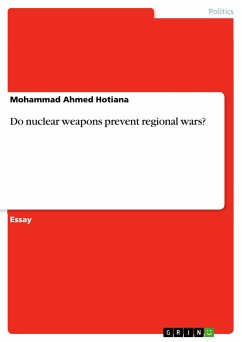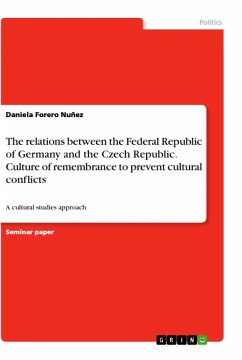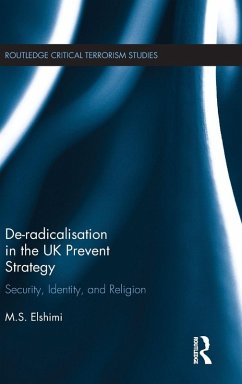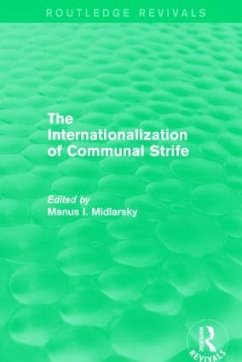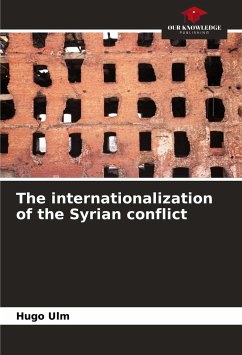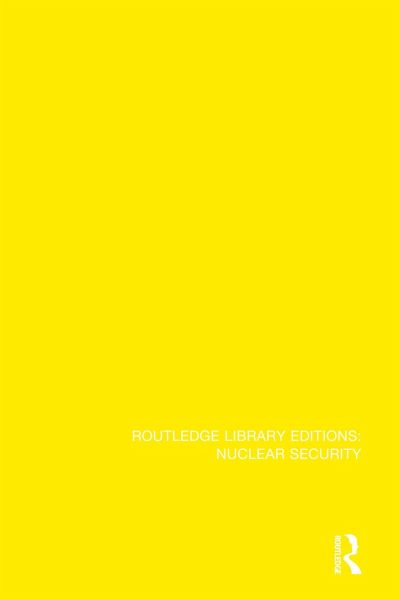
Internationalization to Prevent the Spread of Nuclear Weapons
Versandkostenfrei!
Versandfertig in 1-2 Wochen
131,99 €
inkl. MwSt.
Weitere Ausgaben:

PAYBACK Punkte
66 °P sammeln!
In 1980 the second Review Conference of the Non-Proliferation Treaty (NPT) took place in Geneva. SIPRI convened an international group of experts to discuss issues pertinent to the forthcoming NPT Review Conference when the feasibility of internationalizing the nuclear fuel cycle was examined. The results are presented in this book.





